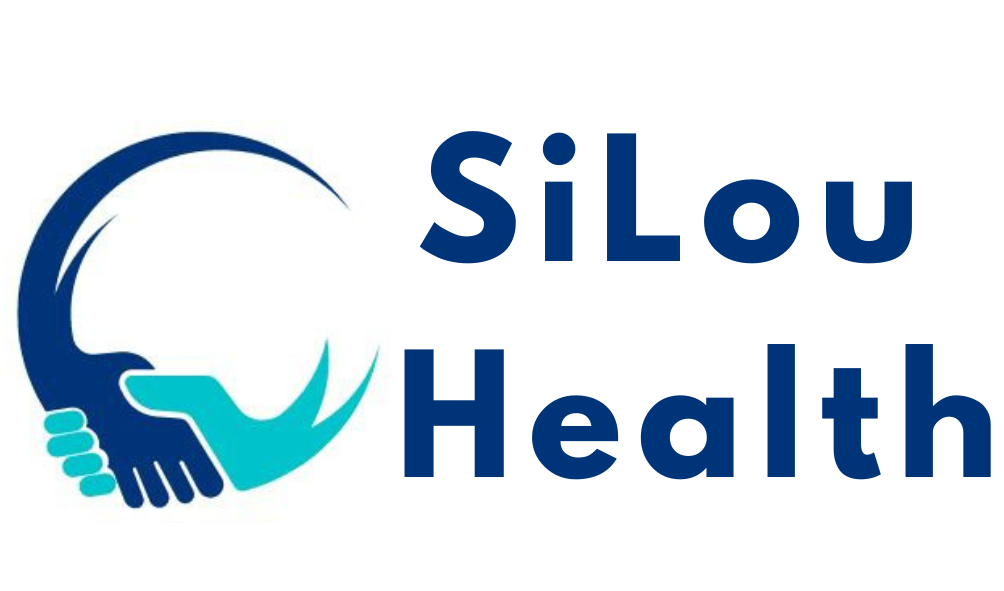
What if everything you've been told about self-care is backwards?
What if the constant pressure to "think positive," "choose happiness," and "manifest good vibes" is making you feel worse?
You're not broken if affirmations feel hollow, if gratitude lists increase your guilt, or if the command to "just be happy" makes you want to scream.
There's a growing movement in psychology called acceptance-based wellness that suggests a radically different approach: stop trying to be happy, and discover what happens when you simply let yourself be human.
This isn't about giving up on wellbeing, it's about finding a more sustainable, authentic path to mental health that doesn't require you to perform positivity or fix yourself constantly.
The Problem with Happiness as a Goal
Modern self-care culture treats happiness like a destination you should be able to reach through the right combination of mindset shifts, morning routines, and positive thinking.
But neuroscience shows us that emotions, including happiness, are temporary states designed to provide information, not permanent conditions we should maintain.
The pursuit of happiness can become problematic when:
● You judge yourself for experiencing "negative" emotions
● You feel guilty for not being grateful enough
● You exhaust yourself trying to maintain constant positivity
● You avoid processing difficult experiences because they don't feel "positive"
Research indicates that people who prioritize happiness as a life goal often experience higher rates of anxiety and depression compared to those who focus on meaning, connection, or acceptance.
Understanding Toxic Positivity and Its Mental Health Impact
Toxic positivity is the pressure to maintain an optimistic mindset at all times, dismissing or suppressing authentic emotional experiences.
Common toxic positivity messages:
● "Everything happens for a reason."
● "Just think positive thoughts."
● "Good vibes only"
● "Don't be so negative."
● "Focus on the bright side"
While these phrases might be well-intentioned, they can cause real psychological harm by:
● Invalidating genuine emotional experiences
● Creating shame around natural human responses to difficulty
● Preventing proper processing of trauma or grief
● Increasing feelings of isolation and alienation
The mental health consequences include:
● Increased anxiety from emotional suppression
● Depression from feeling unable to meet positivity standards
● Relationship strain from the inability to share authentic experiences
● Reduced emotional intelligence and coping skills
The Science Behind Acceptance-Based Approaches
Acceptance-based therapies like Acceptance and Commitment Therapy (ACT) and Dialectical Behavior Therapy (DBT) show remarkable success rates precisely because they don't require you to feel better to get better.
Research demonstrates that:
● Accepting negative emotions reduces their intensity and duration
● Fighting against difficult feelings often increases psychological distress
● Emotional avoidance is linked to increased anxiety and depression
● People who accept their full range of emotions report higher life satisfaction
The key insight is that resistance to experience often causes more suffering than the experience itself. When you stop trying to fix, change, or improve your emotional state, you often naturally return to equilibrium.
 What Reverse Psychology Self-Care Looks Like
What Reverse Psychology Self-Care Looks Like
Permission to feel awful
Instead of trying to shift out of difficult emotions immediately, give yourself explicit permission to feel exactly what you're feeling for as long as you need to feel it.
Curiosity over judgment
Rather than labeling emotions as "good" or "bad," approach them with scientific curiosity: "Interesting, I'm experiencing anxiety right now. I wonder what information this might have for me."
Radical acceptance of your current reality
This doesn't mean you like everything about your situation, but that you stop fighting against what's already happening and focus your energy on what you can actually control.
Embracing the full spectrum of human experience
Recognize that sadness, anger, fear, and disappointment are not problems to solve but natural responses to being alive in a complex world.
Practical Non-Strategies for Mental Wellness
The "I don't feel like it" practice
Instead of forcing yourself to do self-care activities that feel inauthentic, honor when you don't feel like doing them. Often, this honesty leads to discovering what you need.
Intentional wallowing (with boundaries)
Set a timer for 20 minutes and allow yourself to fully experience whatever difficult emotion you're having. Give it your complete attention without trying to fix or change it.
The "good enough" standard
Replace perfectionist self-care routines with good enough approaches. Brushed your teeth? Good enough. Ate something? Good enough. Showed up to work? Good enough.
Neutral self-talk
Instead of positive affirmations that feel false, practice neutral observations: "I am a person having thoughts," "This is what I'm experiencing right now," "I am alive in this moment."
Compassionate witnessing
Observe your thoughts and feelings with the same gentle curiosity you'd offer a good friend, without trying to fix or improve anything.
The Paradox of Non-Resistance
The beautiful paradox of acceptance-based approaches is that when you stop trying to feel better, you often naturally do feel better.
This isn't because the approach is secretly trying to make you happy; it's because you're no longer expending enormous energy fighting against your natural human responses to life.
Why this works:
● Emotional energy stops being trapped in resistance
● Your nervous system can return to baseline more easily
● You develop genuine emotional resilience rather than forced positivity
● Authentic emotions can flow through you naturally instead of getting stuck
Think of emotions like weather, when you stop trying to control the storm, you can find shelter and wait for it to pass naturally.
When Traditional Self-Care Doesn't Work
● If meditation increases your anxiety, try movement-based practices or simply sitting quietly without trying to "clear your mind."
● If gratitude journaling makes you feel guilty, experiment with "acknowledgment lists" simply noting what happened in your day without judgment about whether it was good or bad.
● If positive affirmations feel fake, try neutral statements of fact: "I woke up today," "I am breathing," "I exist."
● If self-care routines feel overwhelming, focus on basic needs first: food, sleep, safety, and human connection.
Building Tolerance for Discomfort
One of the most valuable skills in reverse psychology self-care is learning to tolerate uncomfortable emotions without immediately acting to relieve them.
Practice exercises:
● Sit with minor physical discomfort (like slight hunger or cold) without immediately fixing it
● Notice urges to check your phone and pause before acting on them
● Experience boredom without immediately seeking stimulation
● Feel sadness without trying to cheer yourself up
These practices build your capacity to be with difficulty, which is essential for emotional resilience.
The Role of Meaning Over Happiness
Instead of pursuing happiness as a primary goal, research suggests that focusing on meaning, purpose, and connection leads to greater life satisfaction.
Questions to explore:
● What activities feel meaningful to you, regardless of whether they make you happy?
● When do you feel most authentically yourself?
● What connections or contributions give your life significance?
● How can you honor your values even when you don't feel good?
Meaning can coexist with difficult emotions in ways that happiness cannot, providing a more stable foundation for mental wellness.
When This Approach Might Not Be Appropriate
● Active mental health crises require immediate professional intervention rather than acceptance-based approaches.
● Severe depression with suicidal ideation needs clinical treatment alongside any self-care practices.
● Trauma responses may require specialized therapy before acceptance practices feel safe or helpful.
● Substance abuse issues typically need structured treatment programs rather than acceptance-only approaches.
● Always consult with mental health professionals when dealing with serious psychological distress.
Conclusion
Your sadness isn't a problem to solve. Your anxiety isn't a character flaw to overcome. Your anger isn't evidence that you're doing life wrong.
Sometimes the most radical act of self-care is simply letting yourself be exactly who you are, feeling exactly what you feel, without trying to improve or optimize the experience.
This doesn't mean giving up on growth or positive change it means approaching both from a place of self-acceptance rather than self-rejection.
When you stop trying so hard to be happy, you might discover something even more valuable: the peace that comes from being genuinely, authentically human.
Your mental health doesn't require your emotional perfection. It just requires your honest presence with whatever is true for you right now




